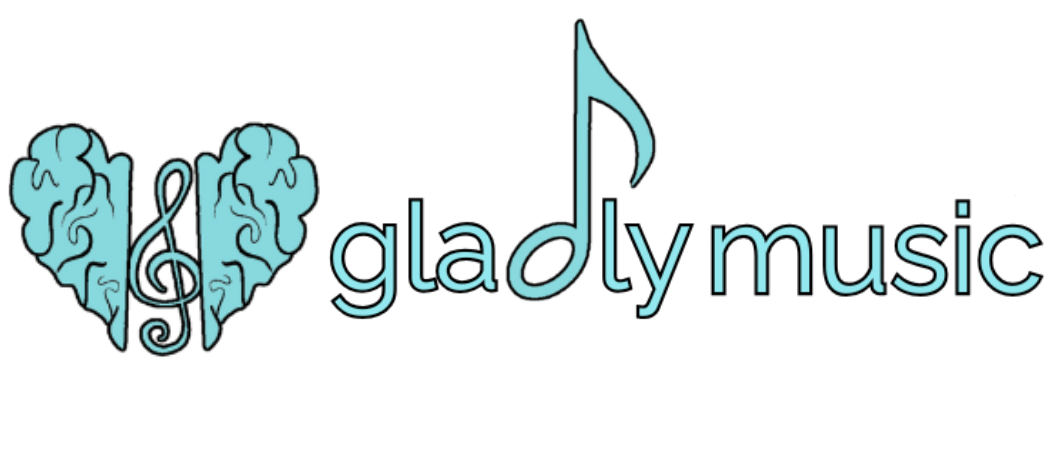Can Music therapy help with ADHD?
Attention Deficit Hyperactivity Disorder (ADHD) is a neurodevelopmental disorder that affects individuals' ability to focus, control impulses, and regulate their energy levels. While traditional treatments such as medication and therapy are commonly prescribed, alternative approaches like music therapy have gained attention for their potential benefits. In this article, we explore the role of music therapy in managing ADHD symptoms and its effectiveness as a complementary treatment.
Understanding ADHD:
Before delving into the potential of music therapy, it's essential to understand the challenges faced by individuals with ADHD. ADHD symptoms vary but commonly include difficulty sustaining attention, impulsivity, and hyperactivity. These symptoms can significantly impact academic, professional, and personal aspects of life, leading to frustration and decreased quality of life for those affected.
What is Music Therapy?
Music therapy is a holistic approach that utilizes music interventions to address physical, emotional, cognitive, and social needs. It is administered by trained professionals who use various musical activities such as listening, singing, playing instruments, and songwriting to achieve therapeutic goals. Music therapy has been shown to be beneficial for a wide range of conditions, including mental health disorders, developmental disabilities, and neurological conditions.
How Can Music Therapy Help ADHD?
Music therapy offers several potential benefits for individuals with ADHD:
1. Attention and Focus: Music has the power to captivate attention and improve focus. Structured music activities can help individuals with ADHD concentrate on specific tasks, such as playing an instrument or following a rhythm. The repetitive nature of musical patterns can also enhance sustained attention over time.
2. Emotional Regulation: Many individuals with ADHD struggle with emotional regulation. Music therapy provides a safe outlet for expressing emotions and exploring feelings through sound and lyrics. By engaging with music in a therapeutic setting, individuals can learn to identify and manage their emotions more effectively.
3. Self-Expression and Creativity: Music therapy encourages self-expression and creativity, allowing individuals with ADHD to channel their energy and thoughts into constructive activities. Whether through improvisation, songwriting, or lyric analysis, music therapy fosters a sense of empowerment and self-discovery.
4. Stress Reduction: Listening to calming music or participating in relaxation exercises can help reduce stress and anxiety, which are common co-occurring symptoms in individuals with ADHD. Music therapy techniques such as deep breathing synchronized with music can promote relaxation and improve overall well-being.
5. Social Skills Development: Group music therapy sessions provide opportunities for social interaction and collaboration. By making music together, individuals with ADHD can improve communication skills, cooperation, and teamwork, fostering positive peer relationships and a sense of belonging.
Research and Evidence:
While anecdotal evidence and clinical observations suggest the potential benefits of music therapy for ADHD, scientific research on this topic is still emerging. Several studies have investigated the effects of music interventions on ADHD symptoms, with promising results. For example, a study published in the Journal of Attention Disorders found that children with ADHD who received music therapy showed improvements in attention, hyperactivity, and impulsivity compared to those who did not receive therapy.
However, more rigorous research, including randomized controlled trials with larger sample sizes, is needed to establish the efficacy of music therapy as a standalone or adjunctive treatment for ADHD. Additionally, individual responses to music therapy may vary, and it is essential to tailor interventions to each person's unique needs and preferences.
Conclusion:
Music therapy holds promise as a complementary approach for managing ADHD symptoms and improving overall well-being. Its multifaceted nature addresses various aspects of the disorder, including attention, emotional regulation, creativity, and social skills. While further research is needed to fully understand its effectiveness, music therapy offers individuals with ADHD a creative and enjoyable way to explore their strengths, express themselves, and develop essential life skills. As part of a comprehensive treatment plan, music therapy can play a valuable role in enhancing the quality of life for individuals living with ADHD.
